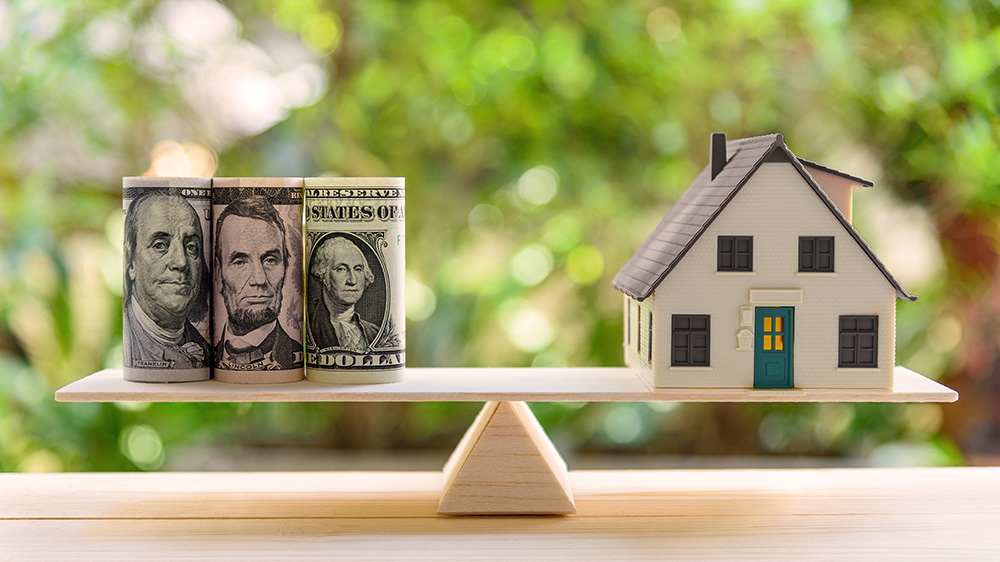
Traditional home buyers should think through the implications of buying a house with cash and fully understand the long-term effects of such a decision.
Today’s housing market clearly has buyers coming to the bargaining table with an offer that’s hard to ignore: Cash offers with no delays and no hassles for the seller.
Offering to buy with cash could win you the home. It also means coming up with thousands of dollars more to back up your bid.
For buyers, certain impacts stemming from this tactic are immediate; others are felt for years to come.
Pros of buying with cash
Most obviously, buying a house with cash will save you time and trouble in the closing process and potentially help you move sooner.
Secondly, it’s important to know what you will save in interest costs by paying in cash, even if you get into a bidding war and pay more than the initial asking price.
Home loans are amortized over decades, so the cost of financing is significant once you look at the big picture.
For instance, a 3% home loan worth $400,000 implies total financing costs of more than $207,000, leaving aside down payment, closing costs, taxes, and fees. Your $400,000 home really costs more than $600,000 in total.
If you pay in cash, say $50,000 more than asking, you come out far ahead compared to borrowing, at least in terms of cash itself. That’s ignoring for now the potential future value of that cash, were it invested.
Yes, interest rates are rising, which means financial costs are going up. In time, that pressure should begin to result in lower asking prices for homes, but nobody really knows when or by how much.
Even so, rates remain low by historical standards. Mortgage rates at around 6%, where they seem to be headed, were common through most of the years from 2000 to 2010, for instance.
Broadly, those are the pros of buying a house with cash. So what are the cons?
Cons of buying with cash
One immediate question many buyers have is about the mortgage tax break. Yes, that goes away since you will not have a mortgage.
Many people don’t realize that the interest on your long-term mortgage is stacked early in the process. In the initial years most of your monthly fixed payment goes to the bank. Only a sliver goes to building equity.
By the end of the term the ratio is reversed. Your payment is the same to the penny but most goes to equity. A tiny remainder is paid as interest.
That helps the bank, of course, but it also helps the mortgage holder. Your tax break is on the mortgage interest, not the equity portion.
Lenders thus often show prospective home buyers two interest rates, the published rate and the lower, effective rate. The second takes into account your tax break.
The trick is to use that cost difference to increase your savings overall, rather than spending it.
Investing your tax break is a good long-run strategy. Remember, too, that the cash you put toward housing today is cash you can’t otherwise invest, what’s known as “opportunity cost.”
Say you have an account with $50,000 of cash in it, uninvested. Would you rather put that to work in stocks or spend it today on a house? Yes, you will save on interest costs but possibly would have made more owning stocks over those years.
Making choices
The prudent way forward is to engage with a fiduciary financial advisor. A qualified, experienced advisor can lay out multiple scenarios and project the potential impacts of your choices over the course of your income-earning years.
Depending on your financial situation, it may be reasonable to consider buying a house with cash, to take out a mortgage, or some mixture of the two approaches.
Buying a home is a major investment, the biggest most people make. Doing it well can affect nearly all of your other financial choices in life. Better to make that decision with all of the facts under your command.
As always, do not hesitate to reach out to us if you would like to speak with a Rebalance advisor about the best approach to buying a home or any other financial decision you might face.





